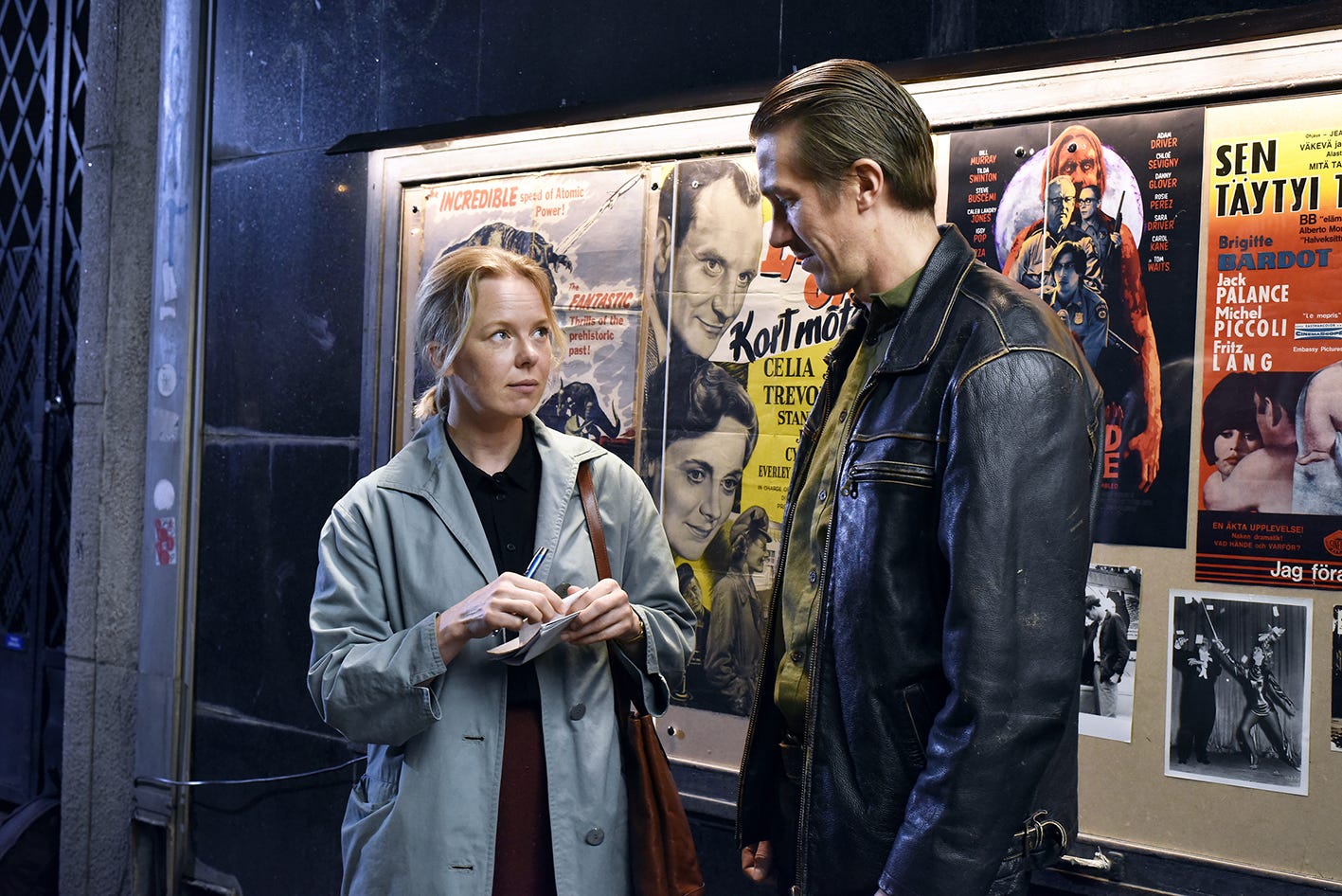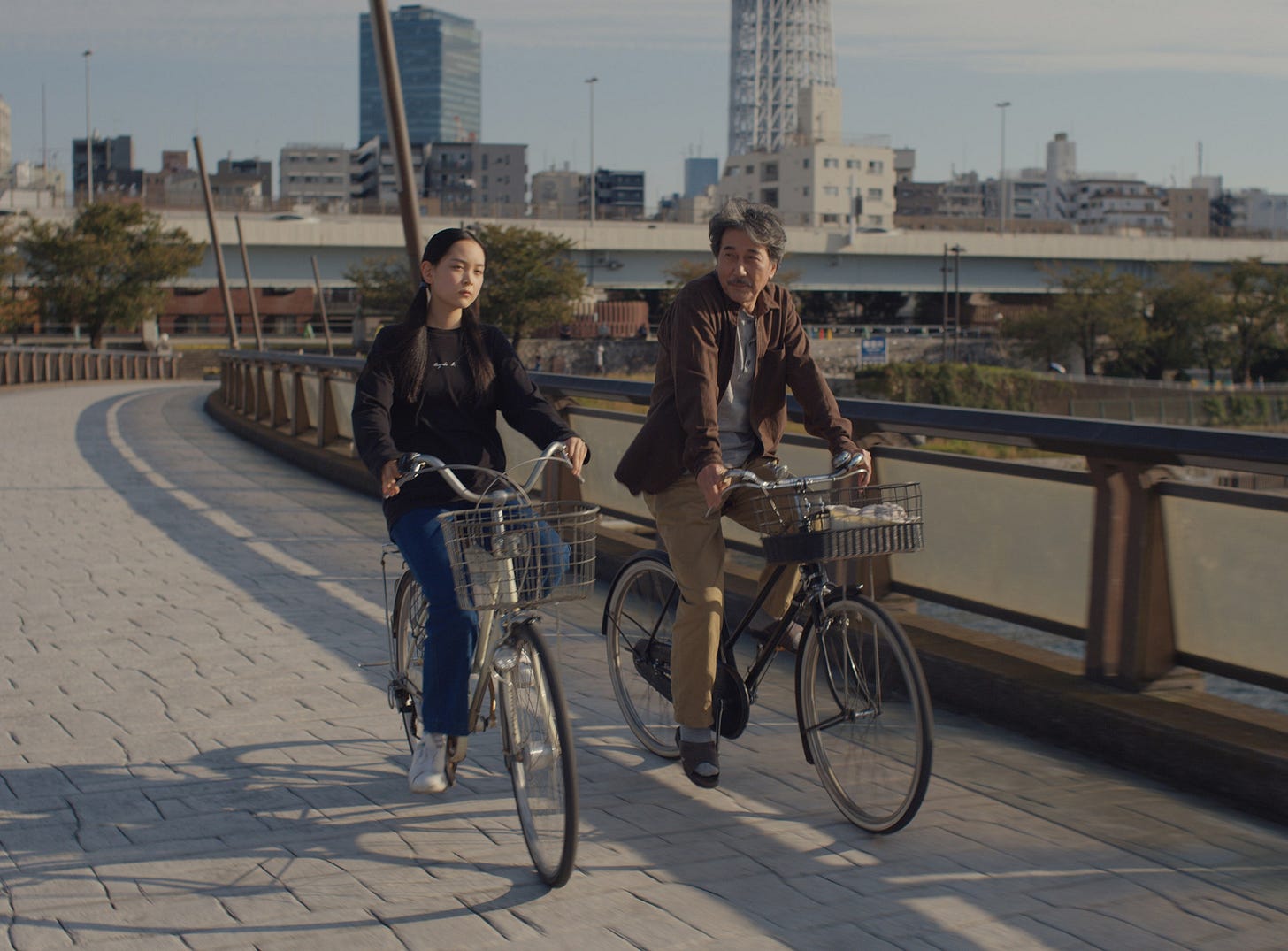Welcome to The Ink.
Articles. Art. Music. More. The Ink is some stuff we found—or found interesting—recently.
Recently on The Squid
by James O. — Water and remembering.
Read
Stay True by Hua Hsu
Julian: Stay True is the memoir of writer Hua Hsu, mostly recounting his years at UC Berkeley during the late ‘90s. The son of Taiwanese immigrants, Hsu deftly sketches his complex and shifting sense of self as he transports us back to the trials and tribulations of coming of age: friendships & romance, expression & self-image, a burgeoning and conflicted sociocultural conscience. Then, a sudden tragedy which will ricochet through the rest of Hsu’s life. As someone who writes, what I found most powerful is Hsu’s ability to distill and share such a distinct and formative period of his life, to take us along into the subjective mess of remembering. Surely, Hsu’s specific experience has been very different from my own, and different from yours as well, but his grappling with and parsing of life’s complexities is as familiar as it is profound. Stay True is a beautiful exploration of memory, meaning, and identity.
Joe Biden’s Last Campaign by Evan Osnos
Roman: As the general election campaign heats up, so does the frenzied, obsessive media coverage that will dominate the next eight months of American news. Polls on polls on polls, predictions, campaigning, opinions, more opinions, talking heads. Most of it has me feeling pretty grim about Joe Biden and his chances of victory against Donald Trump. If you feel the same way, I recommend reading this detailed, personal, and balanced profile of Joe Biden by Evan Osnos (a favourite journalist of mine). It’s a refreshing step back from the drumbeat of negative day-to-day headlines that helps put Scranton Joe’s legacy and ambitions into perspective. To Joe, the naysayers are spouting a bunch of malarkey — and he may be right.
The Great Believers by Rebecca Makkai
James: My friend Natan lent me this book out of the blue because he knew that part of my job revolves around HIV/AIDS. Told from two intertwined perspectives, The Great Believers is a novel about the early days of the AIDS epidemic in Chicago and a group of friends whose lives become profoundly affected by loss. I am ashamed to say this, but I really did not know as much as I should have about the early days of AIDS. My generation came of age when PrEP was approved in the US and where advanced antiretroviral therapies were the norm. HIV/AIDS was no longer the threat it once was in our eyes, and the historical narratives of our parents and our parents' friends felt so far away. The Great Believers really shook me awake. We have only reached this era of advanced treatments because of the advocacy of early queer activists, who paid the highest toll of friends and loved ones. I feel like I have done a disservice to those who paved the way for today. As I have learned from work, the HIV/AIDS crisis isn’t as under control as we think it is. Montréal saw an 120% increase in HIV diagnosis last year while essential provincial funding for HIV/AIDS research has been cut for key groups, such as Réseau SIDA-MI. The HIV/AIDS crisis has never gone away, we’ve just chosen to move on. The Great Believers is a great work for those like me, who weren’t given the education on this period that we should have received.
“Nuclear War: The Rising Risk, and How We Stop It” by W.J. Hennigan
James: Last Ink, I wrote about Cormac McCarthy’s post-apocalyptic novel, The Road. This New York Times series describes in depth what a nuclear attack and its aftermath would look like… Now more than ever we are at a precipice of eroding nuclear treaties and heightened tensions between nuclear powers. How can we deescalate this global crisis and understand the reality of what nuclear war may look like? This interactive piece is deeply immersive and worth a read if nuclear apocalypse is something that keeps you up at night (like me).
Watch
Fallen Leaves directed by Aki Kaurismäki
James: This movie feels like it was made by Wes Anderson’s evil twin. There is symmetry and aesthetic scenes, but the imagery is dark, shadowed and depicts a type of emotional poverty that feels strikingly relevant to today. Set in Helsinki, a man and a woman live tedious lives filled with meaningless work and financial struggles. The few friends they each have convince them to go out to a Karaoke bar. The man and woman meet eyes, but do not speak. The film recounts their day to day struggles with poverty and solitude, and the obstacles that they face in order to be together. Despite the bleakness of the themes and visuals, the movie was funny. The actors deliver deadpan jokes that take a second to realize they’re jokes. I wasn’t sure whether that was a stylistic choice or because they were Finnish. I really enjoyed this film and was emotionally moved by the end. I didn’t hear much press about it even though it came out in 2023, but I highly recommend it!
Battlestar Galactica (2004)
Roman: No, it’s not just an Office reference! Imagine: in an a far-away solar system, humans created the Cylons, android robots with artificial intelligence. The Cylons rebelled before eventually making peace and settling on a distant planet. Battlestar Galactica opens forty years after this truce, when the Cylons unleash a devastating nuclear holocaust that wipes out all of human civilization. The only survivors are a rag-tag convoy of civilian ships protected by an old battleship — the Battlestar Galactica. Mix this high-stakes setup with Cylons who look exactly like humans, sleeper agent Cylons that are programmed to think they are human, and a cast of iconic, sometimes very badly acted (and often horny) characters, and you have a wicked ass sci-fi show that I am having a blast watching right now. Shoutout to my sister, who introduced me to this show and has the best taste.
Perfect Days directed by Wim Wenders
James: I really really loved this movie! Set in Tokyo, the film portrays the day to day life of Hirayama, who is a cleaner of public bathrooms (which are part of the Tokyo Toilet Project which is worth checking out!). Wim Wenders does an amazing job in depicting the beauty of routine and the magic of the quotidian. Visually moving, Perfect Days is a great feel good film!
Listen
Jump Rope Gazers — The Beths
Julian: I had this 2020 record from Kiwi rock band The Beths on repeat at the end of January. Catchy melodies, distinct vocals, and tight instrumentals. Standout tracks for me are the title track, Do You Want Me Now, and Just Shy of Sure.
One Year 1955: The Cutter Incident
Julian: We are profoundly lucky to know Polio only as a distant memory, but in the early 1950s, the world was still terrorized by the disease. Thousands of children were killed or paralyzed in the United States every year, and families lived in near-constant fear of a serious infection. Then, in 1955, everything changed: Jonas Salk’s Polio vaccine completed trials, and the results were nothing short of miraculous. The world breathed a collective sigh of relief. But then, some children who had recently been inoculated with the new vaccine fell seriously ill, and the scientific and regulatory bodies involved scrambled to understand what was happening. This episode of the One Year podcast recounts the moment when it suddenly seemed like all the rejoicing at the end of Polio had come too soon. In the wake of our recent collective experience with COVID-19, this chapter of medical history reveals just how much public attitudes towards science, pharmaceutical companies, and the government have shifted over the last 75 years.






